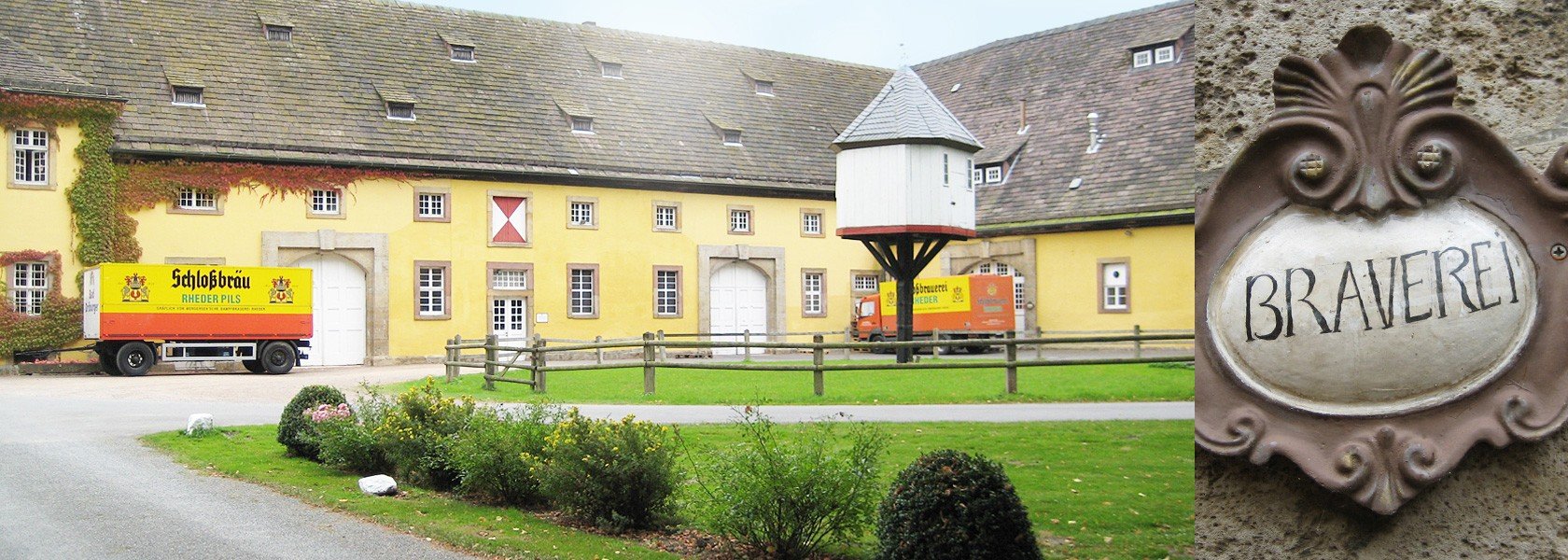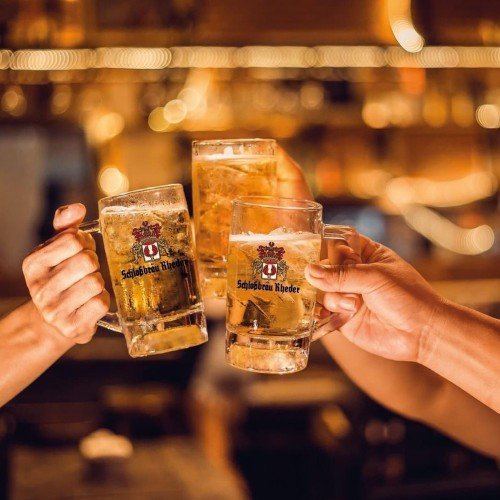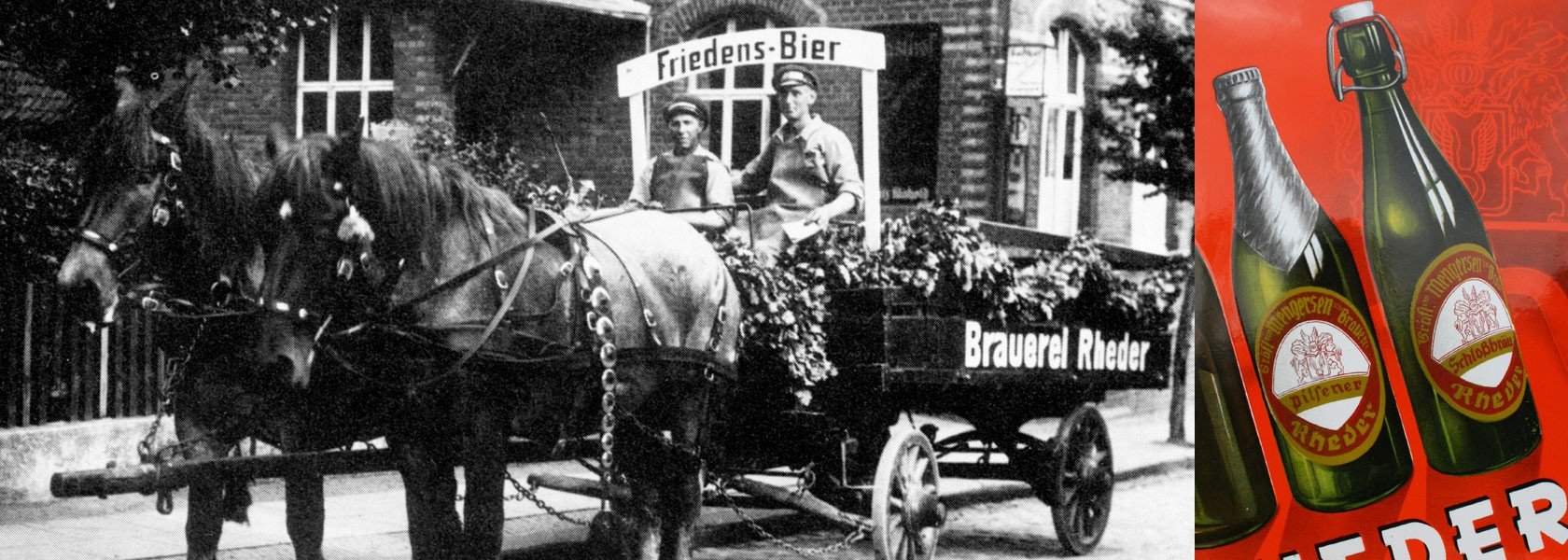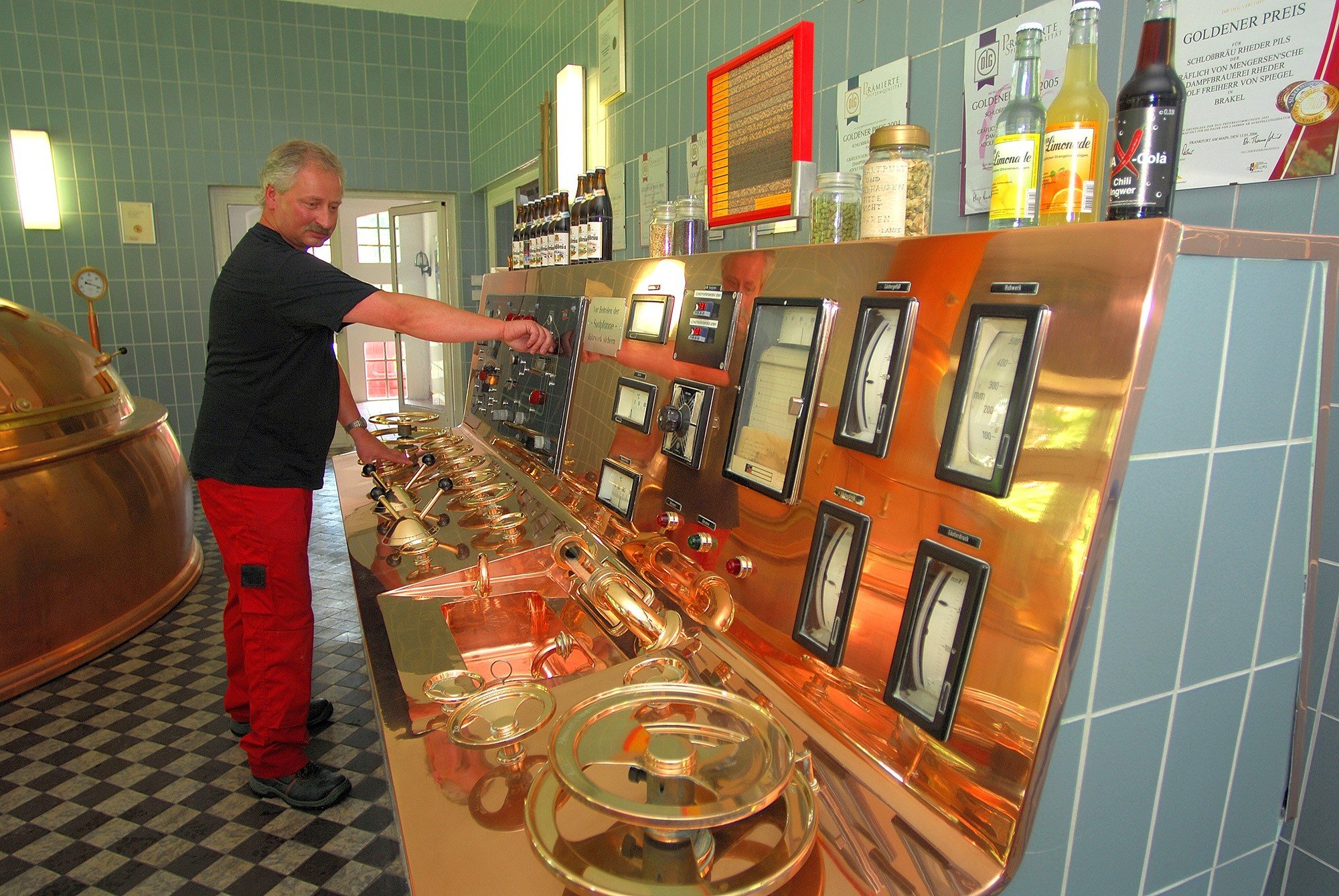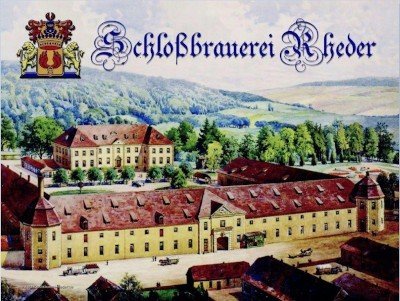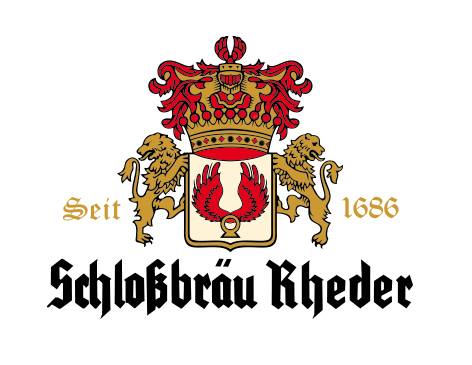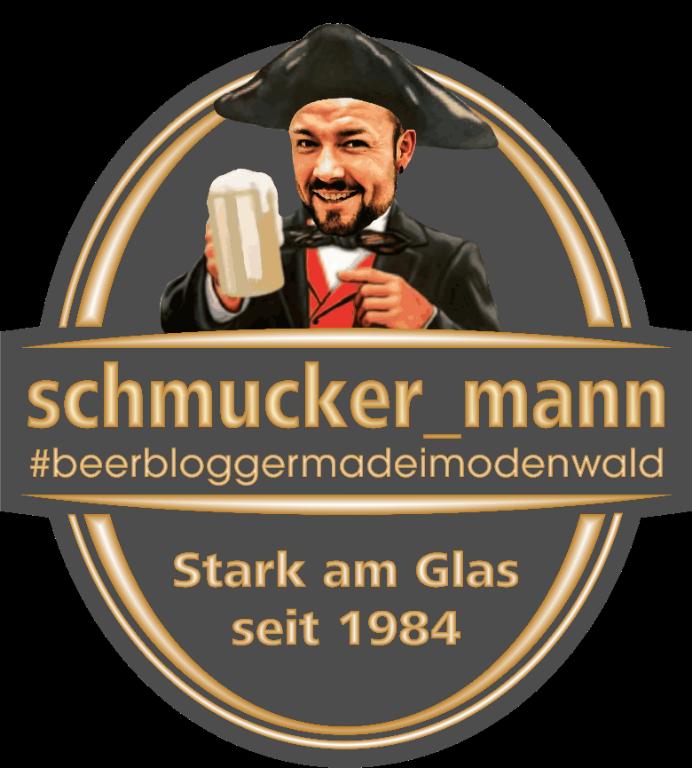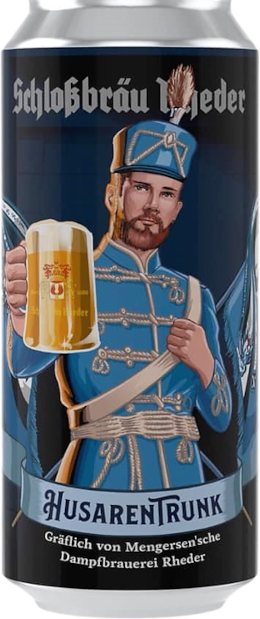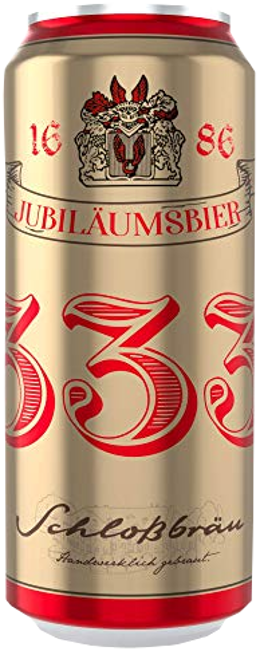Description
On July 2, 1686, the owner of the Rheder manor, Christian Falcko, was given the title of Baron v. Mengersen, granted the right to brew by the Prince Bishop of Paderborn. In 1716 his son Burchardus Bruno Freiherr v. Mengersen, minister to the prince-bishop in Paderborn, commissioned the baroque architects, who were still young at the time, to build the church of St. Catherine in Rheder and the horseshoe-shaped outer bailey, in which the individual departments of the brewery have been located since day one. The castle was built in the next generation in 1750. In 1830, the brewery was expanded for the first time and converted into a steam brewery based on the Bavarian model. This means that bottom-fermented beer, which is easier to store and transport, can now also be brewed. Where the Weidenpalais stands today, ice ponds were created in the first half of the 19th century in order to gain ice for beer cooling in winter. The mill from 1710 is converted into a wheat mill. The storage cellar at the foot of the "Sieseberg" nature reserve was also built during this period. After a temporary lease of the estate and the brewery around 1850, the von Spiegel family took over the farm and the brewery again from 1902. The brewery is further expanded and modernized. Already at this point, wooden vats and storage barrels are replaced by aluminum tanks. In 1964/1965 the new brewhouse was built, whose large copper kettles are still the heart of the brewery today. A fire in the mill, in which electricity is now generated, led to the replacement of the turbine system in 1971. Since then, up to a third of the electricity requirements of the entire company have been generated with this own, modern power plant, depending on the water level of the Nethe. Since 1978, biological settling ponds have also ensured environmentally friendly disposal of the brewery's waste water. In the 1980s, growing sales required further investments in the expansion and modernization of the brewery. Aluminum tanks are replaced by modern stainless steel tanks; in addition, the bottling plant for bottles and barrels will be completely renewed. The new system makes it possible to fill around 12,000 bottles (0.33 l bottles) or 60 barrels (50 l containers) per hour.

